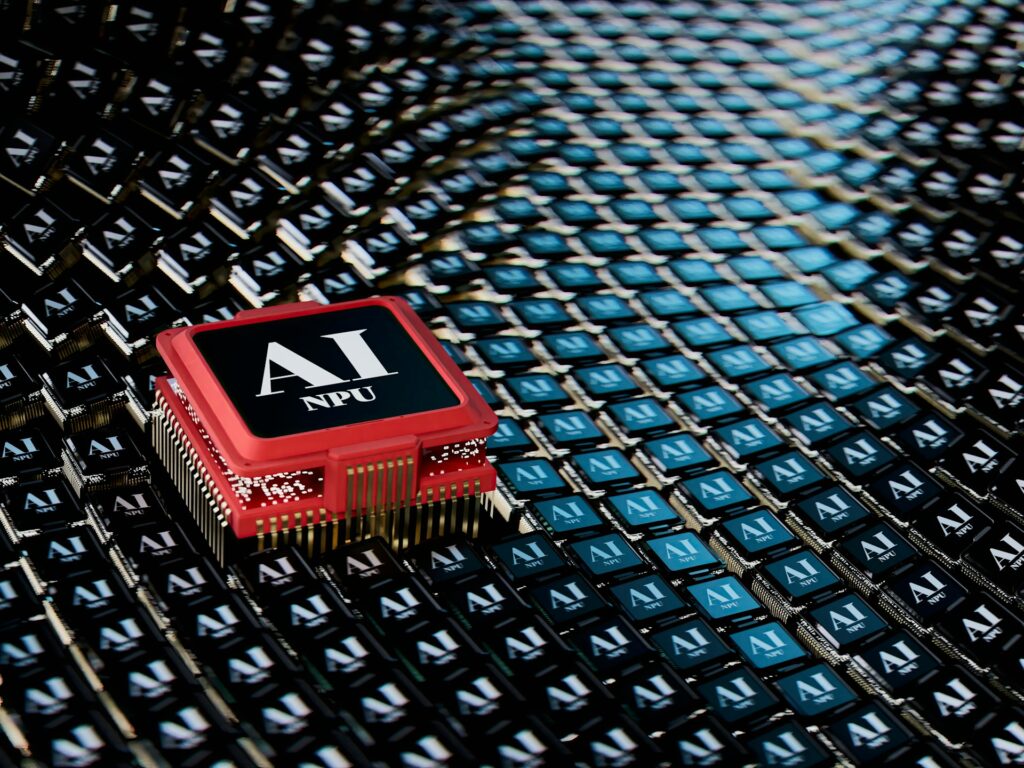Artificial Intelligence (AI) has transformed numerous sectors, revolutionizing how we approach tasks, solve problems, and interact with technology. As AI continues to evolve, it raises important questions and concerns about its potential impacts on employment, security, and societal development.
This blog explores these issues and speculates on the future trajectory of Artificial Intelligence, particularly looking towards 2050.
Will Artificial Intelligence lead to unemployment?
One of the most significant concerns surrounding AI is its potential to cause widespread unemployment. As AI systems become more sophisticated, they can perform tasks traditionally done by humans, leading to job displacement. Industries such as manufacturing, customer service, and even white-collar jobs in finance and law are increasingly seeing AI integration.
Impact on Jobs:
- Automation of Routine Tasks: AI excels at automating repetitive and routine tasks. For instance, in manufacturing, robots are used for assembly line work, reducing the need for human labour. In customer service, AI chatbots handle basic inquiries, diminishing the demand for human representatives.
- Shift in Job Types: While AI may eliminate certain jobs, it also creates new opportunities. Roles in AI maintenance, development, and supervision are on the rise. The demand for data scientists, machine learning engineers, and AI ethicists is growing, illustrating a shift in the job market. Also, many believe that AI will replace content creators.
- Reskilling and Education: To mitigate the risk of unemployment, there is a growing emphasis on reskilling and upskilling the workforce. Governments and organizations are investing in training programs to help workers transition into new roles that AI cannot easily replicate.
Examples in the Workforce:
- In healthcare, AI systems assist in diagnostics and patient monitoring, allowing healthcare professionals to focus on more complex tasks.
- In agriculture, AI-driven equipment optimizes planting and harvesting, reducing the need for manual labour while increasing productivity.
Can AI be used to destroy the world?
The notion that AI could be used to destroy the world is not just science fiction but a real concern among experts. The potential for AI to be weaponized or used maliciously raises ethical and security questions.
AI in Warfare:
- Autonomous Weapons: There is an ongoing debate about the development and use of autonomous weapons systems. These systems can make decisions without human intervention, posing risks if they malfunction or fall into the wrong hands.
- Cybersecurity Threats: AI can be used to enhance cybersecurity but also to conduct sophisticated cyber-attacks. AI-driven malware can adapt and evolve, making it more challenging to defend against.
Ethical Considerations:
- AI Governance: To prevent the misuse of AI, robust governance and regulatory frameworks are essential. International cooperation and ethical guidelines can help ensure AI development aligns with human values and safety.
- AI and Bias: AI systems can perpetuate or even amplify biases present in their training data. This issue underscores the need for transparency and fairness in AI development.
Preventative Measures:
- Developing AI with built-in safety protocols and ethical considerations.
- Promoting collaboration between governments, tech companies, and civil society to establish international norms and regulations.
What will AI be in 2050?
Looking towards 2050, AI is expected to be an integral part of daily life, revolutionizing various sectors and improving quality of life. The future of Artificial Intelligence holds promising advancements and significant changes.
Healthcare:
- Personalized Medicine: AI will enable highly personalized treatment plans based on individual genetic profiles and health data.
- Predictive Analytics: AI systems will predict disease outbreaks and patient deterioration, allowing for timely interventions.
Education:
- Personalized Learning: AI-driven platforms will offer tailored educational experiences, adapting to each student’s learning style and pace.
- Global Access: AI will help bridge educational gaps, providing quality education to remote and underserved areas.
Work and Economy:
- Augmented Workforce: AI will augment human capabilities, leading to increased productivity and new job categories.
- Economic Shifts: AI will drive economic growth, but equitable distribution of benefits will be crucial to prevent societal disparities.
Ethics and Society:
- Inclusive AI Development: Promoting diversity in AI development will be critical. Initiatives like “women in tech the future of AI” aim to ensure diverse perspectives in AI innovation.
- AI Governance: Continuous evolution of AI regulations will be necessary to address emerging ethical and security challenges.
Future of AI in the USA:
- The USA is likely to remain a global leader in AI research and application, with significant investments in AI startups, research institutions, and technology companies driving innovation.
Artificial Intelligence is the future, bringing both opportunities and challenges. As we move towards 2050, it is crucial to address the ethical, social, and economic implications of AI. By fostering collaboration, promoting inclusive development, and establishing robust governance, we can harness the benefits of AI while mitigating its risks.
What do you think AI will look like in 2050? Share with our other readers in the comments section.

